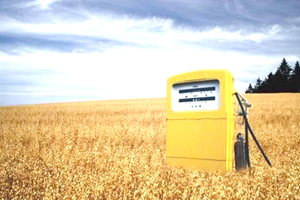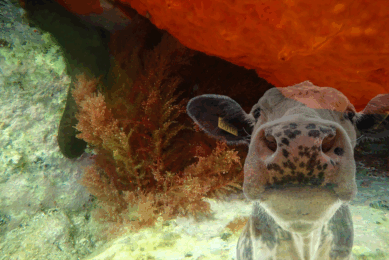EU places cap on use of first generation biofuels

Earlier this month the European Parliament voted on a measure to cap the use of biofuels made from edible agricultural crops amidst concerns of environmental impacts and effect on food prices.
The measure, which was narrowly passed with 356 votes to 327, called for a switchover to new biofuels such as seaweed and waste.
According to the current legislation, member states must ensure that renewable energy accounts for at least 10% of energy consumption in transport by 2020. In the adopted text, MEPs say first-generation biofuels (from traditional sources) should not exceed 6% of the final energy consumption in transport by 2020, as opposed to the current 10% target in existing legislation.
Advanced biofuels, sourced from seaweed or certain types of waste, should represent at least 2.5% of energy consumption in transport by 2020, MEPs said.
In addition to the restrictions on first-generation biofuels, EU lawmakers also signed off on legislation that requires energy companies to account for indirect greenhouse gas emissions created in the production of first-generation biofuels.
The new legislation would effectively eliminate the use of many first-generation biofuels – particularly palm, rapeseed, and soy oil – due to concerns over the carbon emissions released indirectly in their use. Some industry groups, however, argue that these claims are based on “uncertain science.”
Next steps
Rapporteur Ms Lepage was two votes short of receiving a mandate to negotiate with member states, who will now seek a common position of their own. If different to Parliament’s first reading text, a second reading will be required.











